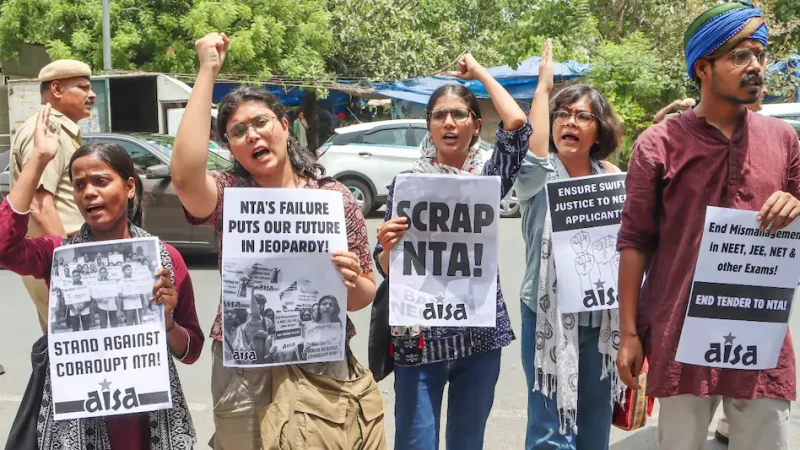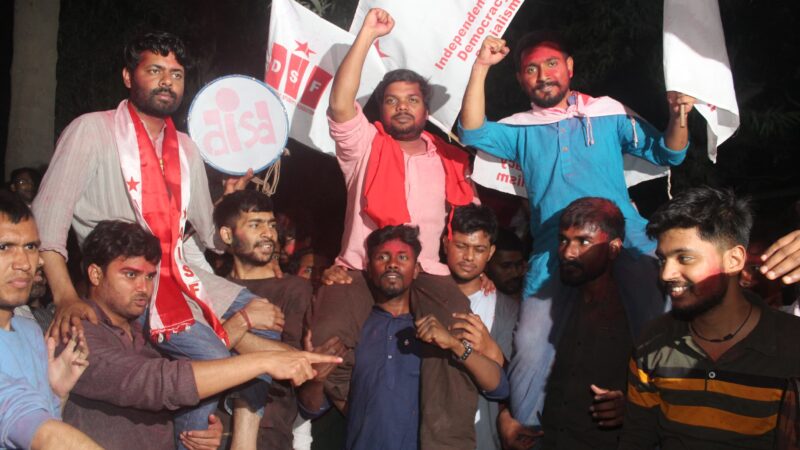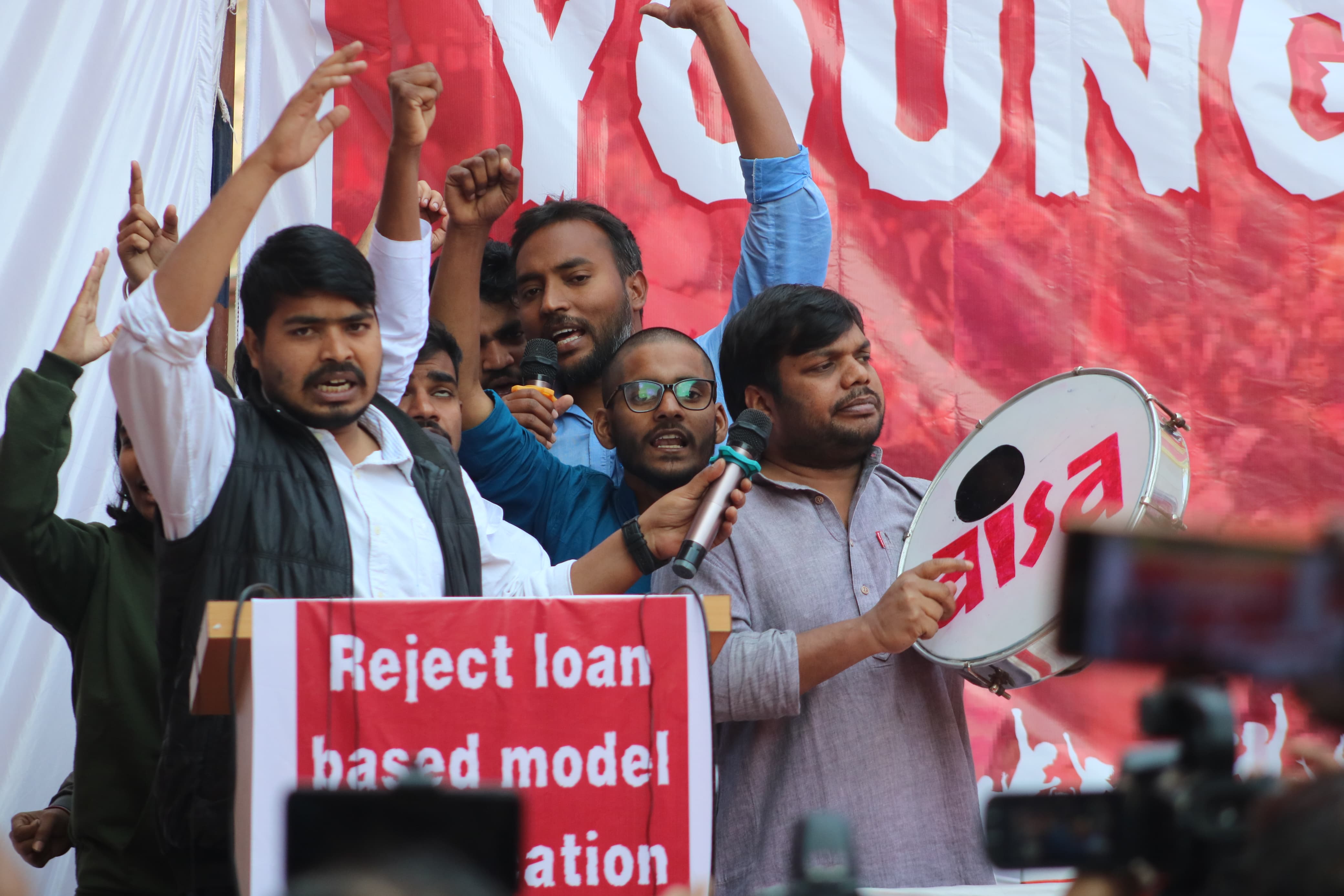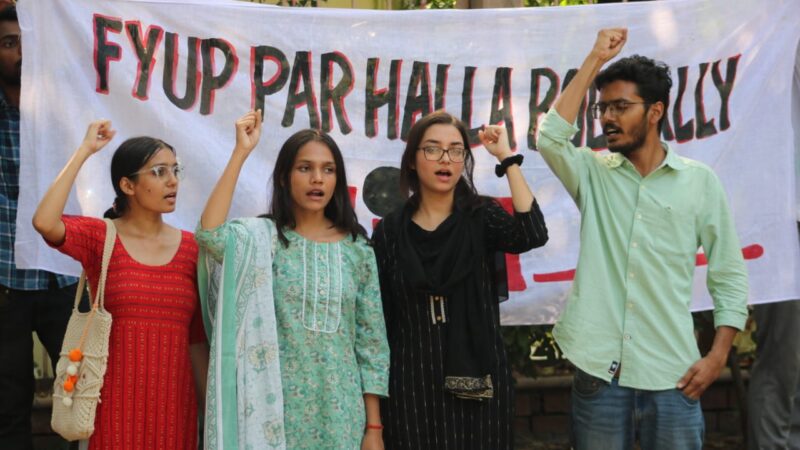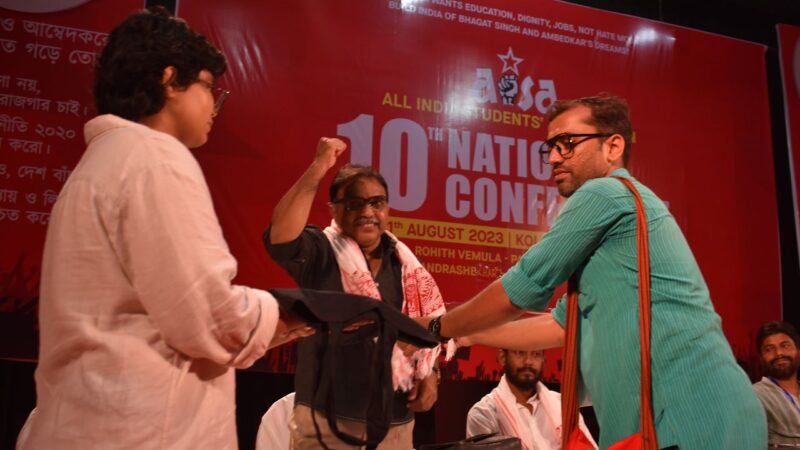Reject Dilution of SC-ST Reservation in the Name of Creamy Layer!

When Oppression and Discrimination are Intergenerational, Social Justice and Reservation Will Be Intergenerational!
Immediately Conduct a Nationwide Caste Census and Increase the Reservation for Marginalised!
A 7-judge constitutional bench of the Supreme Court granted authority to State Governments to implement sub-classification, based on empirical data of relative marginalisation, for Scheduled Caste and Scheduled Tribe reservation. This underscores the urgent need for a nationwide caste census to understand the gravity of inequality and deprivation, and thereby subsequently increase the percentage of reservation for all sections of marginalised for the true fulfilment of social justice.
However, for sub-classification to be made possible, the Supreme Court of India went beyond the scope of the case to suggest that reservation be limited to one generation only and to introduce the concept of the “creamy layer” be applied to SC-ST reservations. The idea of reservations for SC-ST population derives from the long history of untouchability – social, political, and cultural alienation and denial of equal opportunities in education, employment and public spaces. By bring in the concept of “creamy layer” and to argue for limiting the benefits of social justice to one generation is not only problematic, but treats the question of caste discrimination from the vantage of economic mobility. This is a step forward to dilute and eliminate reservation and social justice policies.
If discrimination happens from generation to generation based on ascribed identity, then why will reservation and social justice policies be limited to one generation? When caste does not cease to exist with one’s social, economic, cultural and social progress then, how does one reconcile with the idea of ‘creamy layer’, and how does limiting reservation to one generation deal with the historical and structural oppression? It is clear that the introduction of the ‘creamy layer’ will only open the way for meddling with reservations meant for Dalits and Adivasis leading to its complete removal one day.
The failure of the judgment to understand the nature, structure, and evolving forms of caste discrimination in urban areas is shocking. Day in and day out stories of Dalit and Adivasi students’ struggles in premier higher educational institutions, where they face institutional discrimination are exposing the shallow claims of. The importance of reservations for Dalit and Adivasi communities and the support for affirmative action need to be strengthened, not diluted. Aggressive privatisation and the shrinking of the welfare state, particularly under the fascist BJP regime, which has consolidated the selling of public to their crony capitalists like Adani and Ambani. Student and social justice movements have long been demanding the implementation of the ‘Rohith Vemula Act’, reservation in private sector and increasing public expenditure on education, health and job creation to counter this aggressive privatisation and shrinking of opportunities for marginalised.
It becomes amply clear that any idea of sub-classification seems to be impossible without an actual assessment of the situation of these various castes, and for that a caste census is mandatory. The state of Bihar presented a new affirmative policy model after a detailed social and caste census, which increased the reservation of the marginalised and the total percentage of reservation. However, this was struck down by the Patna High Court and later by the Supreme Court refusal to stay the Patna HC judgment clearly shows the trajectory of thinking when it comes to social inclusion and social justice. Contrast this with the 10% EWS quota which was upheld by the same court, despite excluding OBC, Dalits, and Adivasis, who are economically worse off than those covered under EWS. The court appears to have failed in strengthening social justice and affirmative action. it breached the 50% cap for the EWS, but neglected its responsibility regarding Bihar’s reservation policy, indicating a political commitment to social exclusion rather than inclusion.
It is imperative to ensure that this judgment does not foster division and rivalry, but rather strengthens the collective fight against social exclusion and marginalisation as also against privatisation, upholding the principles of social justice and equality.

